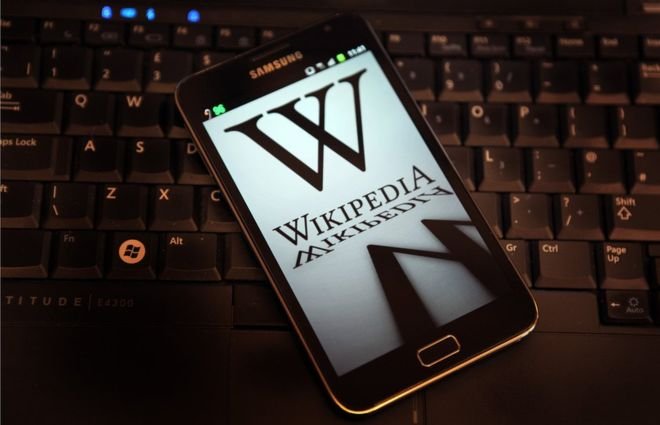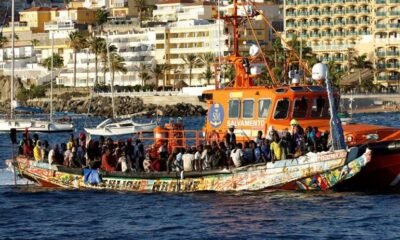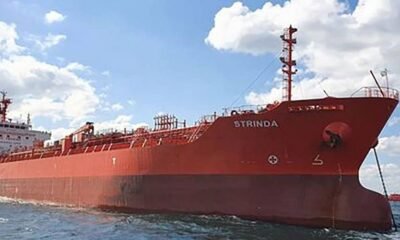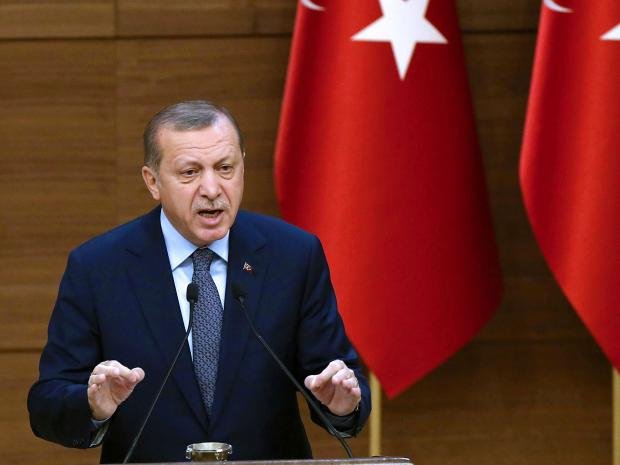Headlines News
Turkish authorities ban Wikipedia


Turkish people awoke to find all access to Wikipedia had been blocked
Officials said “an administrative measure” had been taken, but gave no reason why.
Turkish media said authorities had asked Wikipedia to remove content by writers “supporting terror”.
Turkey has temporarily blocked social media sites including Facebook and Twitter in the past, usually following protests or terror attacks.
The Turkey Blocks monitoring group said Wikipedia was unreachable from 08:00 (05:00 GMT). People in Istanbul were unable to access any pages without using a Virtual Private Network (VPN).
“After technical analysis and legal consideration based on the Law Nr. 5651 [governing the internet], an administrative measure has been taken for this website,” Turkey’s Information and Communication Technologies Authority was quoted as saying, giving no further details.
However, the Hurriyet daily newspaper said Wikipedia had been asked to remove content by certain writers whom the authorities accuse of “supporting terror” and of linking Turkey to terror groups. The site had not responded to the demands, Hurriyet said, and the ban was imposed as a result.
Turkey Blocks and Turkish media, including Hurriyet, said the provisional order would need to be backed by a full court ruling in the next few days.
It’s become all too familiar here: the endless “loading” icon followed by the message “server timed out”.
Blocking websites is a common tool of the Turkish authorities: Twitter, Facebook and YouTube have suffered the same fate several times, and numerous anti-government sites are inaccessible.
Critics say it smacks of Turkey’s repression of free speech: over half of all requests to Twitter to remove content have come from Turkey, and the country now ranks 155 of 180 in the press freedom index of the watchdog Reporters without Borders.
Social media was in uproar as news of the ban emerged, with some users speculating that it might be a bid to suppress criticism on President Recep Tayyip Erdogan’s Wikipedia page.
Mr Erdogan narrowly won a controversial 16 April referendum on increasing his powers, but the issue has deeply divided the country.
One Twitter user noted that the Wikipedia page on Turkey’s referendum has a section on “controversies and electoral misconduct”, and cites claims that the government suppressed the No campaign through “arrests, control of the media and political suppression”.
The Turkish government has previously denied censoring the internet, blaming outages on spikes in usage after major events.
Wikipedia has also faced censorship in other countries, including a temporary ban in Russia, and repeated crackdowns in China.










